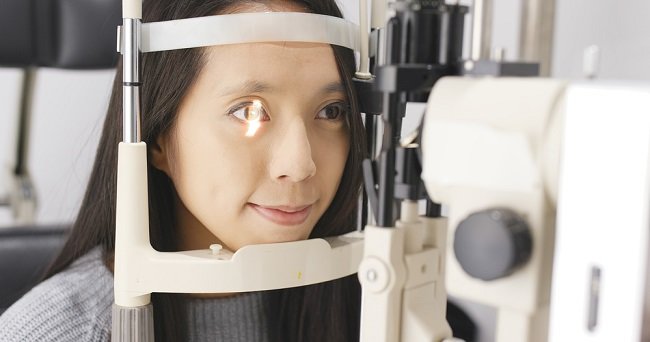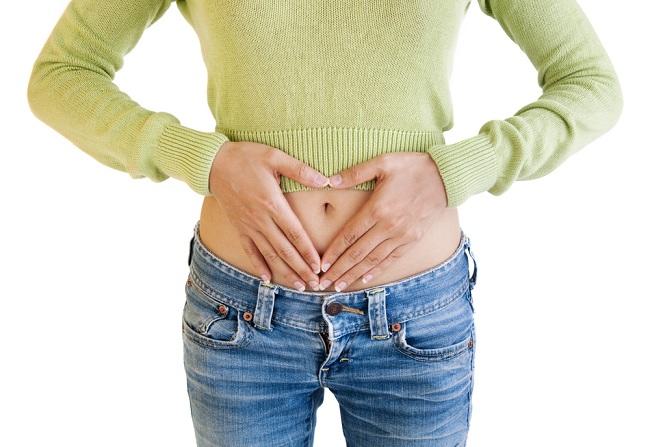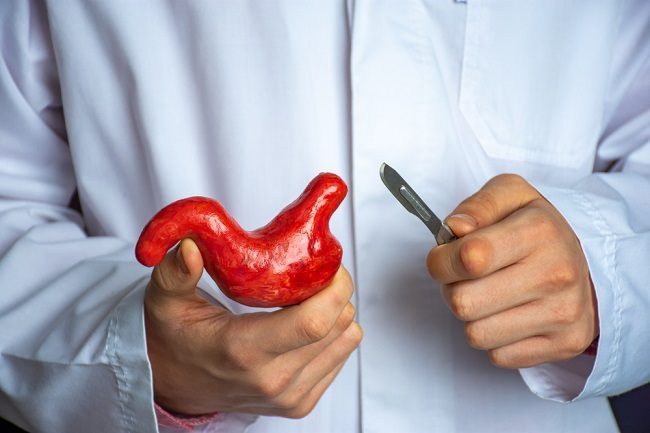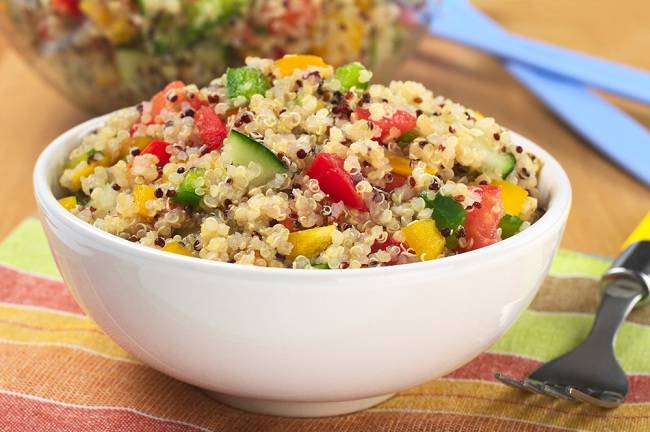Varicose veins in pregnant women are triggered by pregnancy hormones, an enlarged uterus, and an increase in blood volume. Although it is common to happen, there are natural ways that you can do to deal with this complaint.
Varicose veins in pregnant women usually occur in the legs, vaginal area, and around the buttocks and anus. Varicose veins occur when the blood vessels closest to the surface of the skin become dilated and swollen. Varicose veins are characterized by blue or purple veins that stick out.

Causes and Risk Factors of Varicose Veins in Pregnant Women
Varicose veins in pregnant women cause discomfort because they can cause the legs to become heavy and sore, the skin around the varicose veins feels itchy, throbs, and feels sore.
Discomfort can appear at any time, but usually gets worse in the afternoon and evening, especially after pregnant women do a lot of activity and stand too long.
Varicose veins in pregnant women can be caused by various things, including:
Increase in the volume of blood in the body
During pregnancy, the volume of blood in the body increases. This condition can suppress the blood vessels and the pressure on these veins can trigger the appearance of varicose veins in pregnant women.
Veins are blood vessels that return blood from various body tissues to the heart. Because our anatomy is perpendicular, the farthest part from the heart is the feet. This makes the veins in the legs have a tough job because they have to fight gravity in bringing blood back to the heart.
Fetal growth in the womb
As the fetus grows, the uterus will also enlarge and can compress the large veins on the right side of the body, namely the inferior vena cava. This will cause increased pressure on the veins in the legs, causing varicose veins to appear.
Effects of pregnancy hormones
Increased levels of the hormone progesterone during pregnancy can make the walls of blood vessels widen. Widening of the walls of the veins will trigger the occurrence of varicose veins.
The risk of developing varicose veins is higher in pregnant women who have a family history of varicose veins. Other risks that cause pregnant women to be prone to varicose veins are pregnant with twins, advancing gestational age, excess body weight, and the habit of standing for too long.
How to Overcome Varicose Veins in Pregnant Women
There are various ways that can be taken to treat and prevent varicose veins in pregnant women. Here are some of them:
1. Put your feet up
When lying down, keep your feet higher than your heart. The trick is to stack some pillows and place your feet on them. This position can help smooth blood circulation.
2. Changing sitting and standing positions
Avoid standing or sitting for too long. If you have been standing for too long, then rest your feet by sitting for a while. Conversely, if you have been sitting for too long, try to stand or walk for a while. Also avoid sitting with your legs crossed.
3. Maintain weight
Excess weight can make the workload of the blood vessels heavier and can trigger varicose veins. So, keep your weight during pregnancy according to the doctor's advice.
4. Doing exercise regularly
Regular exercise during pregnancy can help improve blood circulation and prevent varicose veins.
5. Wearing compression stockings
Compression stockings are designed to help prevent blood from building up in the legs. You can get these stockings at pharmacy stores or health care centers.
6. Pay attention to sleeping position
You are advised to sleep on your side. This sleeping position will reduce pressure on the veins in the legs and make blood circulation back to normal.
7. Eat fibrous foods
To prevent hemorrhoids, the type of varicose veins that occur around the anus and rectum, you are advised to eat fiber foods and drink lots of water. The reason is, this habit can help prevent constipation during pregnancy which is a trigger for hemorrhoids.
8. Avoid wearing high heels
You are advised to wear flat shoes (flat) to maintain blood circulation around the feet and calves. So during pregnancy, you are advised to avoid wearing high heels.
9. Limit salt intake
By limiting the intake of salt (sodium) during pregnancy, it will minimize swelling of the veins.
Varicose veins in pregnant women will generally tend to improve after delivery, especially if you did not have varicose veins before pregnancy. However, if varicose veins do not improve after delivery, you can consult a doctor for an examination and receive further treatment.
Varicose veins in pregnant women that are getting worse, swelling, redness, and bleeding need immediate medical attention. Therefore, immediately see a gynecologist if you experience these complaints.









